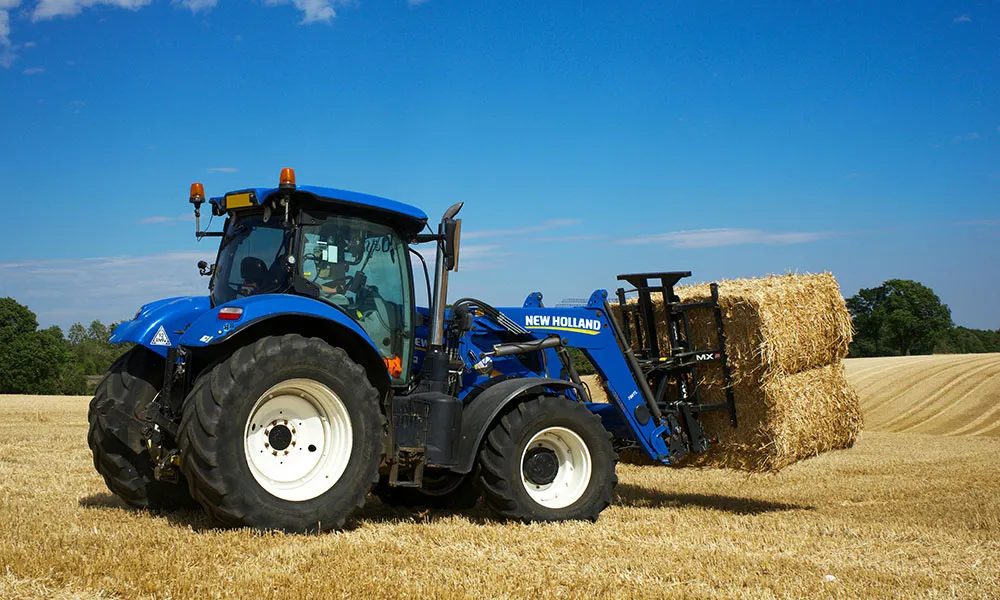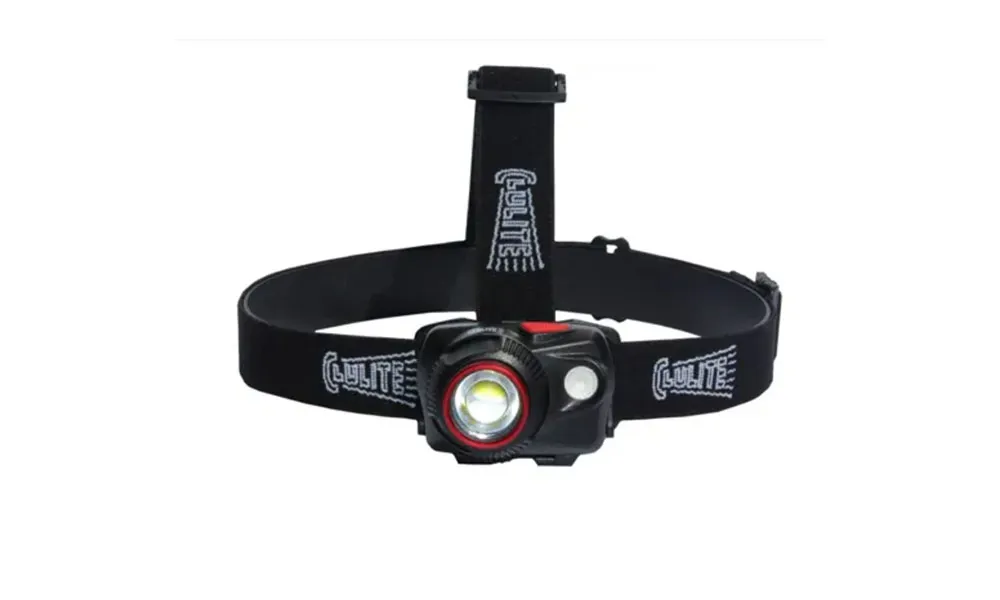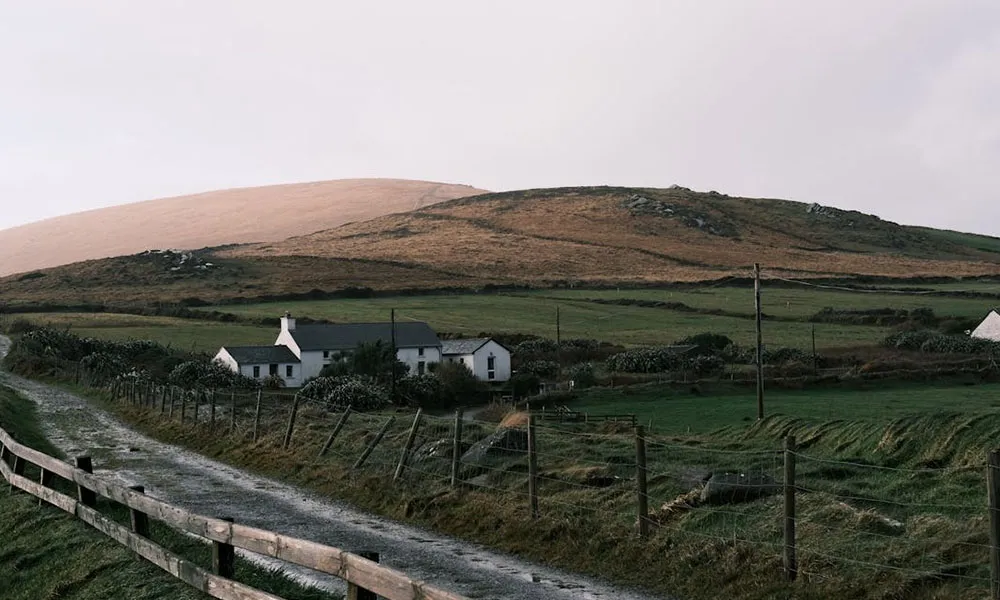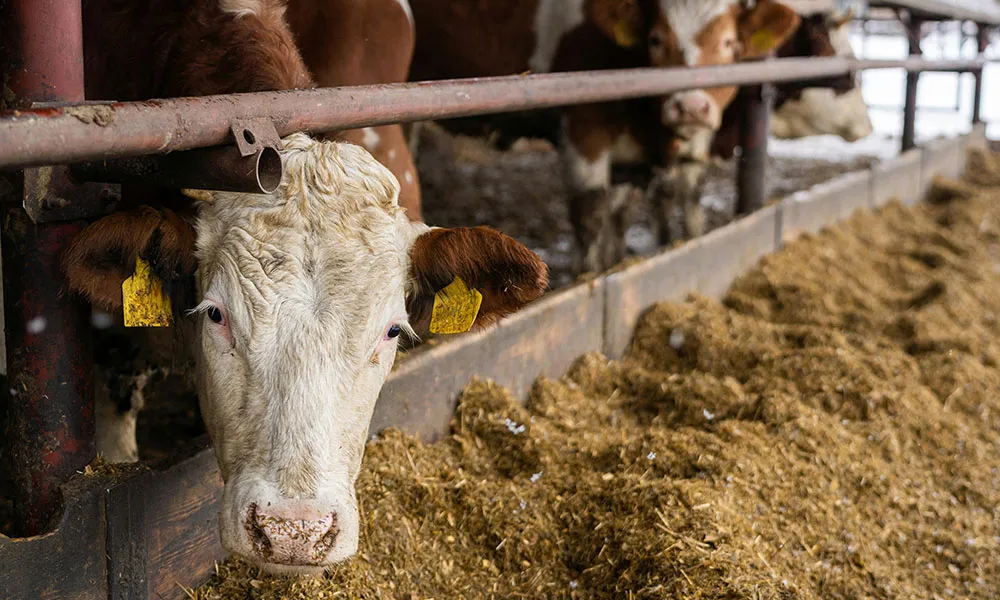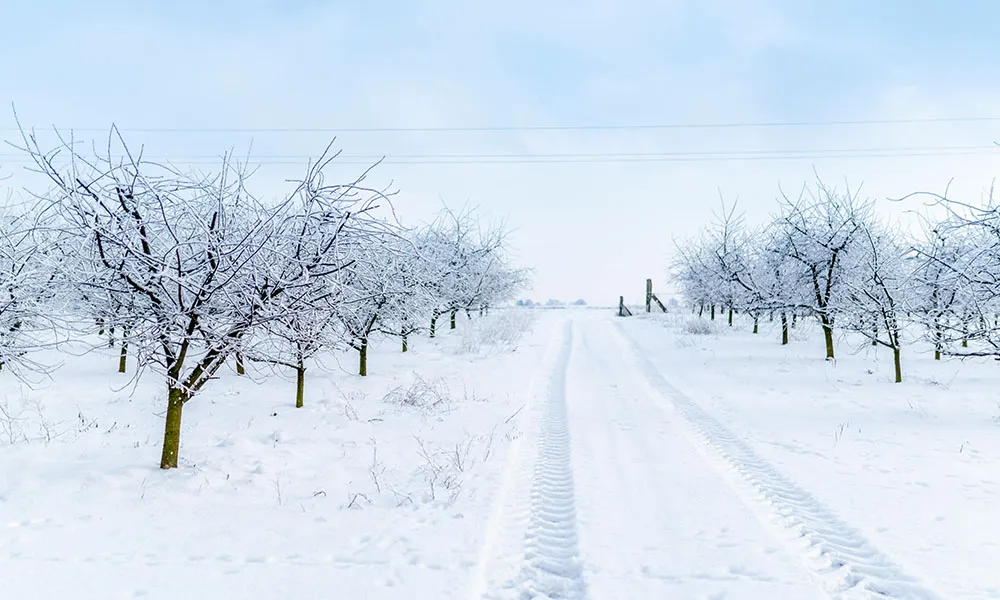
With energy costs set to remain extremely high over the coming months, many of us will be wondering how we can cut back on our use without impacting on farm productivity. In trying to resolve this issue there is, unfortunately, no single magic bullet. Instead, it is better to focus on a variety of small measures which, when taken together, will help you to keep your farm electricity bill fairly affordable.
Identifying energy-guzzlers
In order to make the necessary reductions to your energy use, it is important to take stock of where you are using the most energy. As a general rule of thumb, appliances that generate heat use the most energy and should therefore only be used when absolutely necessary. For example, it is important to remember that reducing your use of shed or water heating systems will result in greater savings than a proportionate reduction in lighting use.
Once you have made a note of every appliance that uses electricity on you farm, try to calculate how much you can reduce your usage of that appliance without compromising your business output.
Shop around for suppliers
It is always a good idea to shop around for a new electricity supplier, especially if you have been with the same supplier for a while. Suppliers tend to offer significantly reduced rates to new customers and at present most are offering an attractive welcome credit. It is a good idea to compare the perks that the various companies are offering before deciding to go with one.
Approach to lighting
When it comes to lighting, remember to stay away from halogen bulbs. Even the most efficient halogen bulb is much less efficient than the average LED. Aside from this, the lifespan of halogen bulbs is very short (up to five times less than LEDs). Therefore, this one is a bit of a no-brainer. Replace all your halogen lamps with LEDs at the first opportunity.
Working equipment
If you have old equipment in your water heating systems, you should consider updating these. Old boilers and heat pumps are extremely energy inefficient, so consider replacing these as soon as possible. The condensing boiler is a modern boiler that works by condensing water in exhaust gases. It has the effect of recovering latent heat that would be wasted with an old, non-condensing boiler. Therefore, installing one could save you a lot of money, especially during the winter months.
Maintaining equipment
Aside from this, it is a good idea to maintain a good plumbing system. Simple things like bleeding your radiators will help to conserve energy. If you are unsure about the energy efficiency of your systems, ask a plumber to take a look for you. Most of us know a tradesman who will be happy to offer some friendly advice!
The same goes for other equipment, such as ventilation fans for sheds. By ensuring that these are in good working order, you can significantly reduce the likelihood of energy waste. Before buying a new fan, talk with your supplier about the energy efficiency of the product and choose one that is more efficient
Renewable energy: more than a dream?
For many of us, the idea of producing our own energy on the farm may still seem a distant prospect. However, with new Government grants coming on stream that will cover up to 60% of the installation costs for solar panels, energy self-sufficiency is starting to look achievable. In an era of increasing uncertainty in the energy markets, renewables have to be worth another look. They have the potential save us money in the long term and would go a long way towards protecting the family farm from volatile energy markets.





